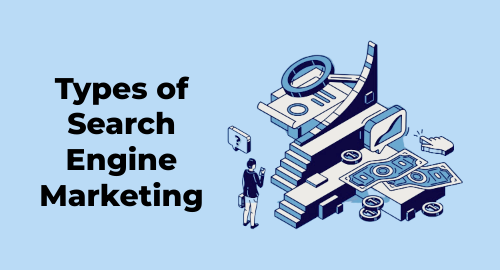E-commerce: Revolutionizing the Way We Shop

E-commerce has transformed the retail landscape, offering consumers unprecedented convenience and businesses unparalleled opportunities for growth. As online shopping continues to gain popularity, understanding the intricacies of e-commerce is essential for both new and established businesses. This blog delves into the world of e-commerce, exploring its benefits, challenges, and future trends.
The Rise of E-commerce
E-commerce, or electronic commerce, refers to the buying and selling of goods and services over the internet. The rise of e-commerce has been fueled by technological advancements, increased internet penetration, and changing consumer behavior. From small startups to global giants, businesses are leveraging e-commerce to reach broader audiences and enhance their market presence.
Key Drivers of E-commerce Growth:
- Technological Advancements: Innovations in mobile technology, payment systems, and logistics have made online shopping more accessible and efficient.
- Convenience: Consumers can shop 24/7 from the comfort of their homes, avoiding the hassles of physical stores.
- Global Reach: E-commerce enables businesses to reach customers worldwide, breaking geographical barriers.
- Personalization: Data analytics and artificial intelligence allow for personalized shopping experiences, increasing customer satisfaction and loyalty.
Benefits of E-commerce
The e-commerce model offers numerous advantages for both businesses and consumers.
For Businesses:
- Lower Operational Costs: E-commerce eliminates the need for physical storefronts, reducing rent and utility expenses.
- Scalability: Online stores can easily scale up operations to handle increased demand without significant additional investments.
- Data Insights: Access to detailed customer data helps businesses tailor their marketing strategies and improve product offerings.
- Customer Reach: E-commerce platforms enable businesses to reach a global audience, expanding their market potential.
For Consumers:
- Convenience: Online shopping is available 24/7, allowing consumers to shop at their own convenience.
- Variety: E-commerce offers a vast array of products and services, often more than what is available in physical stores.
- Competitive Pricing: Lower operational costs for online retailers often translate into better prices for consumers.
- Product Reviews: Access to customer reviews and ratings helps consumers make informed purchasing decisions.
see more:ecommerce SEO tips for beginners
how to start an online store with low investment
Challenges of E-commerce
Despite its advantages, e-commerce also presents several challenges that businesses must address to succeed.
Key Challenges:
- Cybersecurity: Protecting customer data and ensuring secure transactions are paramount concerns for e-commerce businesses.
- Logistics and Fulfillment: Efficiently managing inventory, shipping, and returns can be complex and costly.
- Competition: The ease of setting up an online store leads to intense competition, making it difficult for businesses to stand out.
- Customer Trust: Building and maintaining trust with online shoppers is crucial, as they cannot physically inspect products before purchase.
Future Trends in E-commerce
The e-commerce landscape is continually evolving, with emerging trends shaping the future of online retail.
Key Trends:
- Mobile Commerce (M-commerce): The increasing use of smartphones for shopping is driving the growth of mobile-optimized e-commerce platforms.
- Social Commerce: Integrating shopping experiences with social media platforms allows for seamless, engaging, and interactive customer experiences.
- Artificial Intelligence (AI): AI-powered tools enhance personalization, customer service, and inventory management.
- Augmented Reality (AR): AR technology enables virtual try-ons and interactive product displays, improving the online shopping experience.
- Sustainability: Consumers are increasingly prioritizing eco-friendly products and sustainable business practices, influencing e-commerce strategies.
see more:E-commerce Marketing Strategies
Conclusion
E-commerce has revolutionized the way we shop, offering convenience, variety, and global reach. While it presents unique challenges, the benefits for both businesses and consumers are substantial. Staying abreast of emerging trends and continually adapting to the dynamic digital landscape are crucial for success in the e-commerce industry. As technology continues to advance, the future of e-commerce promises even more innovation and opportunity.


